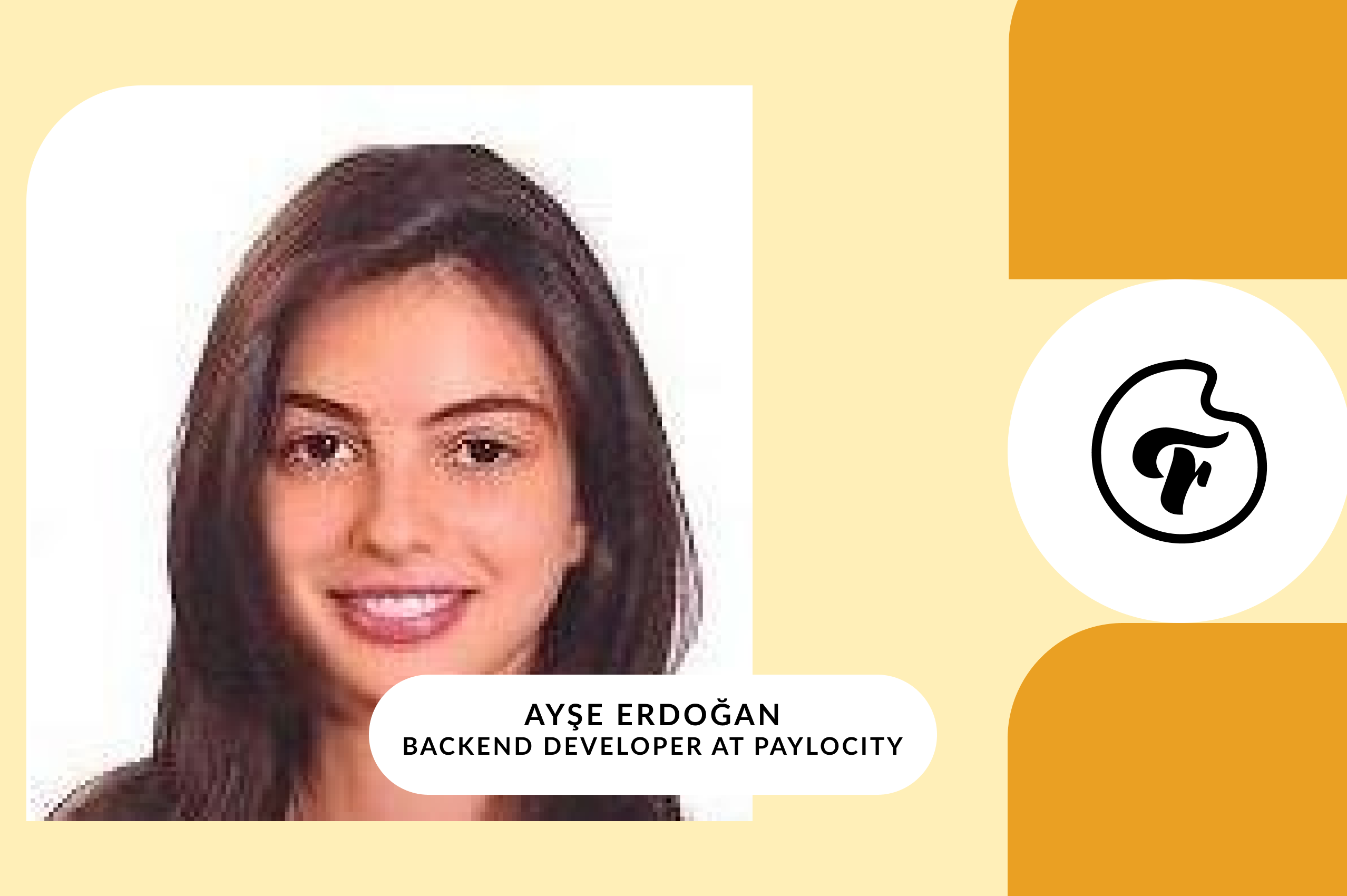
„Culture eats strategy for breakfast“ said Peter Drucker. No matter how perfect your Diversity, Equity, Inclusion (DEI) strategy is, if the people executing it don't nurture this culture, all of your DEI projects will fail. Culture represents the heart of the company, and most of it is created by actions of the founders, executives and managers. Their actions speak louder than their words.
Speaking about culture itself, many companies went through their cultural journeys, however many of these transformations ended up with “all sizzle, no steak.” Last year about one in three executives said Diversity, Equity, Inclusion was their top five business priority (by McKinsey). However, even before the pandemic, its progress in the workplace as a whole had been slow down and most of the companies reported they had a struggle to implement their initiatives due to:
The Pandemic, more amplified inequities, strongly altered the workplace and there is the risk that all what has been done so far will be wiped, so the traditional approach to DEI agenda needs to be rethought.
There is no magic stick to transform DEI culture overnight. Strong C-suite and organizational capabilities are fundamental to the success of all DEI initiatives. Here must come honest acknowledgement of how hard the work will be, how much capacity and discipline the organization actually has, and the personal commitments of sponsoring C-suite to change first. As a key element of strong & firm DEI plan is necessary to ask and reply following tough questions in the highest floors of the companies:
Moreover, effective transformation requires listening to the organization twice as much as telling the organization about the transformation itself.
Speaking about employees, current or potential ones, for many reasons, their relationship with the boss is the single most important relationship at the workplace. However, to create Inclusive environment, the behavior of colleagues matters as much as, if not a bit more, than the boss's behavior. That doesn’t mean bosses get a pass. But the more collaborative our work, the more opportunities we have for interactions that make the workplace feel Inclusive or not. „There’s a whole new way of ideas about Inclusion being made or broken, based on the team environment“(McKinsey).
Smart companies know that DEI is becoming a strategic differentiator in the talent acquisition, company performance, sustainable growth, disruptive innovations and recently using of DEI metrics appeared also in the market capitalization of Standard & Poor's 500 Index. „Currently also society and investors are increasing pressure on companies to ensure their talent base more closely reflects the diverse population“ cited by Farient Advisors. Corporations are on a journey towards greater inclusiveness and equity for all. Although the process is complex, there is now a palpable urgency.
In the summary, to establish solid DEI culture fundamentals, sharpen it, evolve it, it represents lots of initiatives. However, primarily it requires the effort to change the complete Mindset🧠, concrete actions and tons of willingness in the highest floors of organizations. Otherwise it will be just the elusiveness of fluttering butterfly wings 🦋.



